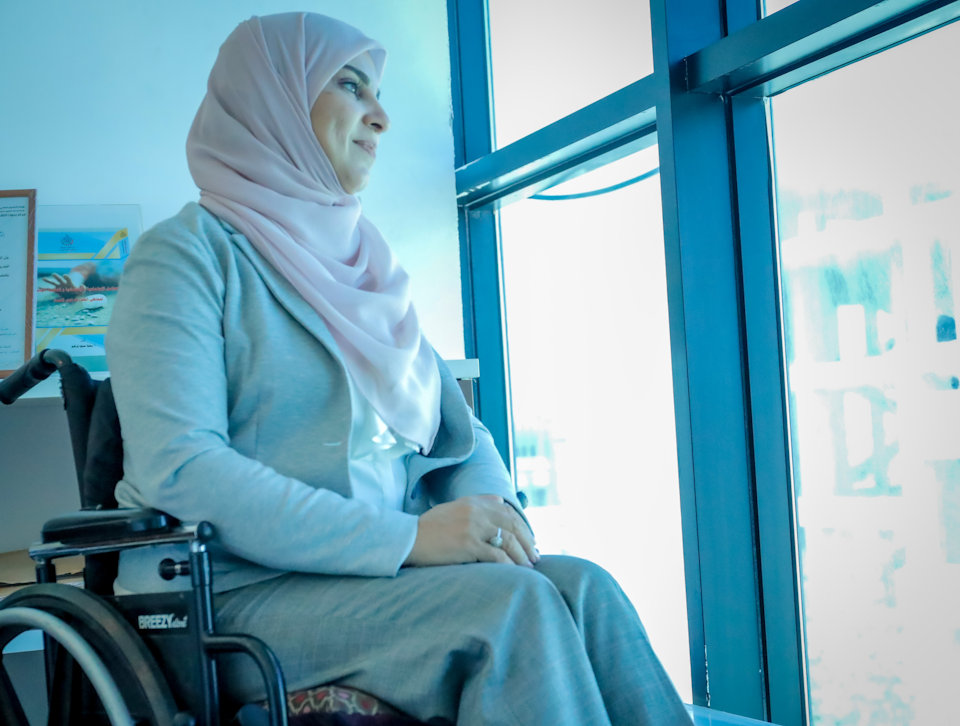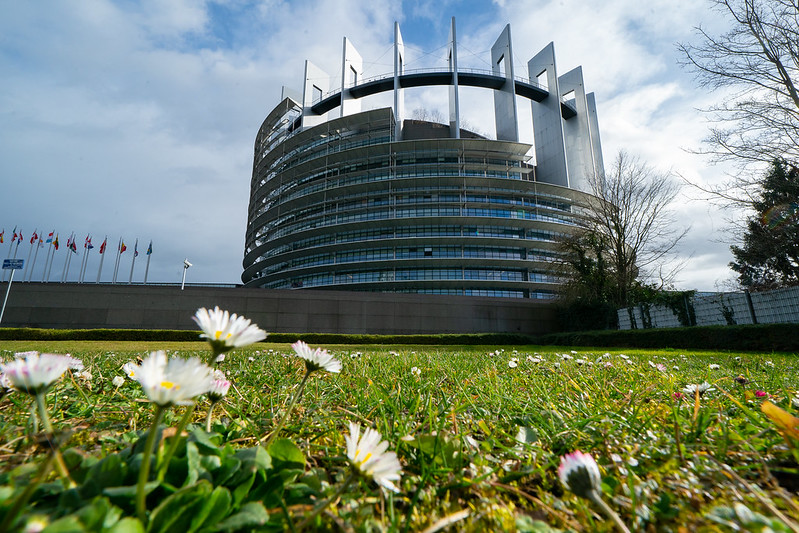Laila Al-Fitori Badda is a PhD student in Zawia, northwestern Libya. She is the Director of the Pulse of Libya Organization, a women-led NGO working to promote children, youth and women’s rights and inclusion. Laila also represents her city in the Libyan Federation of Organizations of Persons with Disabilities. She is also a founding member of the Libyan Women’s Network for Peacebuilding. Along with 20 women from across Libya, Laila undertook training on peace negotiation and mediation supported by UN Women and the Government of Finland to enhance their peacebuilding skills.
“Throughout the crisis in Libya, women have played a vital role in keeping peace and maintaining stability in their communities. Their efforts are all the more impressive given the societal restrictions they face.
The biggest challenge that I have personally faced while trying to help resolve conflict in my community is the way women are perceived. Women are often seen as lacking the necessary capabilities to be part of reconciliation and peace efforts. I experienced this first-hand during the visit of a delegation from the city of Zintan to Zawia, aiming to ease tensions between the two communities. I was prevented, along with other women, from attending the meetings in order not to ‘shame’ the men of our city. The Zintan delegation did not want women to be present and our city representatives accepted this condition.
We were very disappointed and frustrated. However, instead of giving in to frustration, I let it motivate me to continue fighting for our right to be treated on an equal footing with men and participate fairly in peace- and stability-building initiatives. I have also used this story to spread awareness on how gender stereotypes stand in the way of our essential participation in peacebuilding and to advocate for the inclusion of women in these activities. Moreover, I have been supporting other women like myself who want to help bring peace back to their communities.
To usher in peace and stability in Libya, I believe that we really need to make way for the participation of women mediators. Women are part of society and directly affected by its conflicts. I know we still have a long way to go before the vital role of women in building lasting peace that leaves no one behind is fully recognized across society. This requires a lot of effort, particularly in increasing the capacity of Libyan women and enhancing their negotiation and peacebuilding expertise so they can show their added value at the negotiation table.”
Related Articles: Local and International Approaches to Youth Participation in Peacebuilding | Women and Peacebuilding: The Key to Achieving SDG 5 in Afghanistan | Building Peace and Adapting to Climate Change in Somalia
Editor’s Note: The opinions expressed here by Impakter.com columnists or contributors are their own, not those of Impakter.com. — In the Featured Photo: Advocate Laila Al-Fitori Badda in in Tripoli. Featured Photo Credit: Manal Aalhamshri/UN Women











